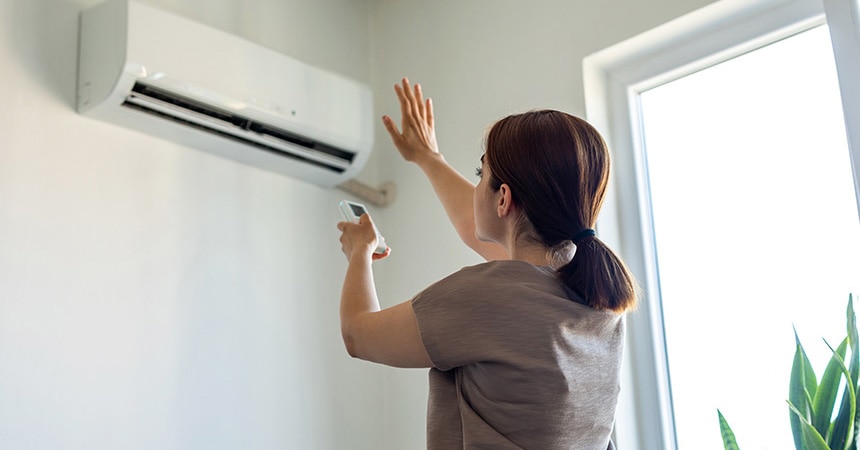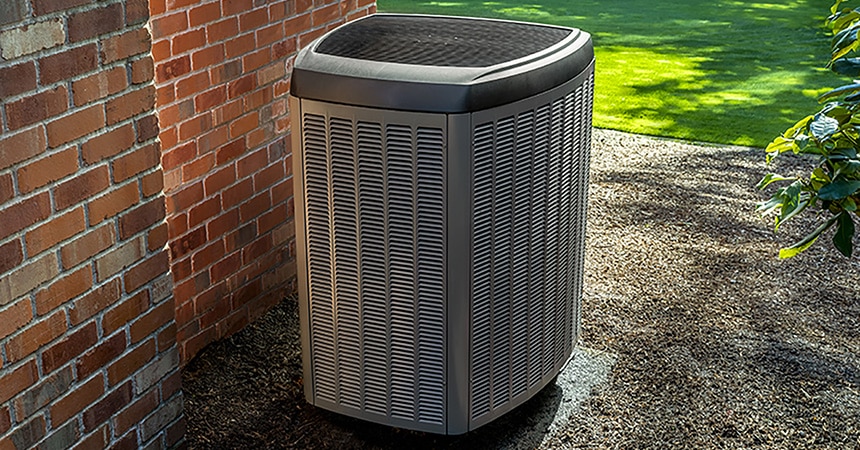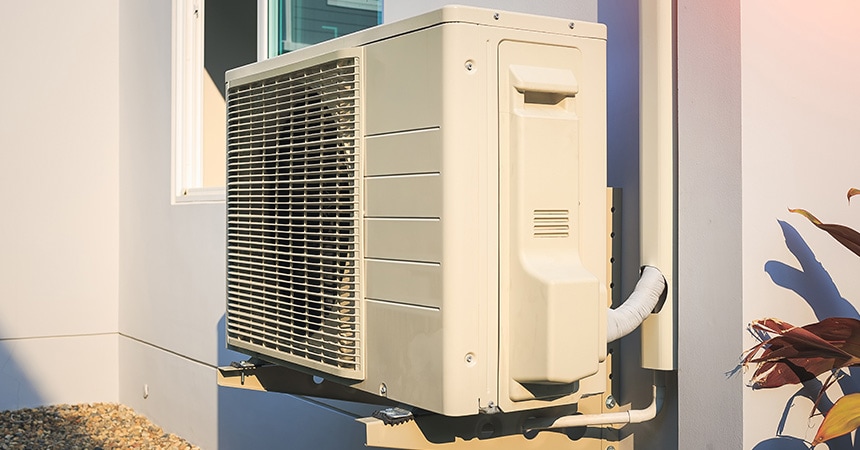An introduction to heat pumps
Cooling Solutions, Heat Pump, Heating Solutions Updated: July 29, 2022Efficient heating and cooling, all in one

Efficient heating and cooling, all in one

Get to know heat pumps, the all-in-one heating and cooling solution that’s a great fit for almost any climate, especially here in the Pacific Northwest. Heat pumps not only deliver energy-efficient heating in the winter, they also provide air conditioning to keep you cool when summer temperatures rise.
A heat pump is a heating and cooling system that operates in a more efficient and cost-saving way than electric furnaces, baseboards and wall heaters. The system uses electricity to transfer heat rather than generate it, which reduces the carbon footprint and delivers year-round comfort and energy savings. The process moves heat inside to warm your home in the winter and removes heat while providing air conditioning in the summer.
Heat pumps come in various shapes and sizes, but commonly include the following components: 1) An outdoor unit, typically cube shaped and mounted on a pad. 2) An indoor box with a fan to blow heated/cooled air through the home. 3) A pair of pipes/tubes to connect the outdoor and indoor units.
During the winter, heat pumps can absorb heat energy from the outdoor air, even in freezing temperatures, and transfer that heat inside your home. This process can reduce the amount of electricity used for heating by up to 50% compared to electric resistance systems such as electric furnaces and baseboard heaters.
When cooling, heat pumps work much like other cooling systems. They pull hot air from inside your home and pass it through refrigerant coils, which cool the air before blowing it back into your home.
Whether heating or cooling, heat pumps rely on refrigeration, a technology that has been around since the 19th century and is used in other common household appliances including refrigerators and freezers.
The heat pump circulates refrigerant between an indoor coil and an outdoor coil through a sealed loop of pipes. It adjusts the pressure and state of the refrigerant, which can either create an extremely cold fluid that is able to absorb heat or an extremely hot gas that is ready to release heat. As the refrigerant moves through the interior-side of the heat pump, it either removes heat from the air (if cooling is needed) or it releases heat to the air (if heating is needed). A heat pump is capable of switching between heating and cooling by reversing the direction of the refrigerant.
Ducted heat pump

Ductless mini-split heat pump

Geothermal heat pump

Ducted mini split

Extended capacity heat pump
For more information on the different heat pump types and additional options, check out our article on choosing the right home heating solution.
Heat pumps are a great option for Oregon homes heated with electricity, with or without existing ductwork. They offer outstanding heating and cooling efficiency, low energy costs, safe operation and ease of installation. If you’re looking to replace your current heating system or want to add air conditioning, ask your contractor about possible heat pump solutions.


FURNACE, FURNACE AND HEAT PUMP, HEAT PUMP, HEATING AND COOLING